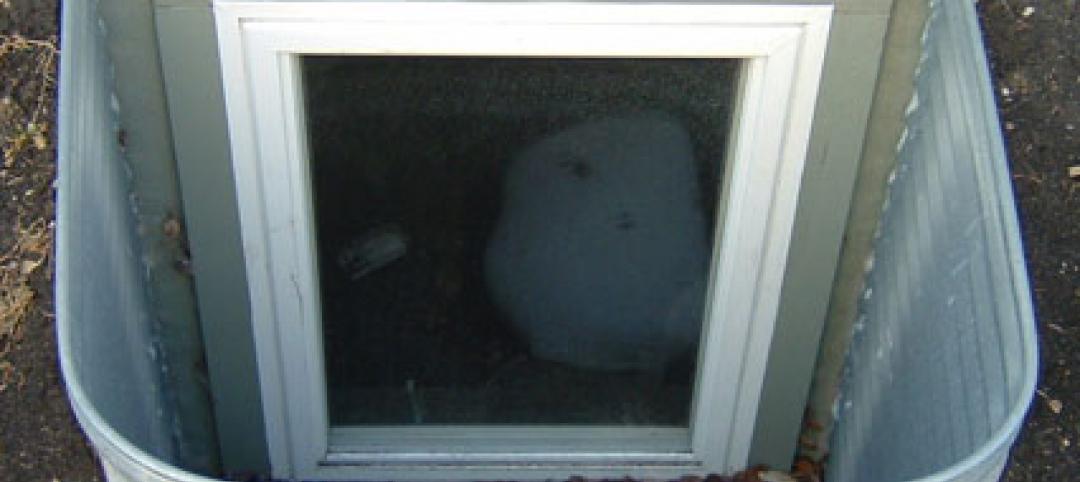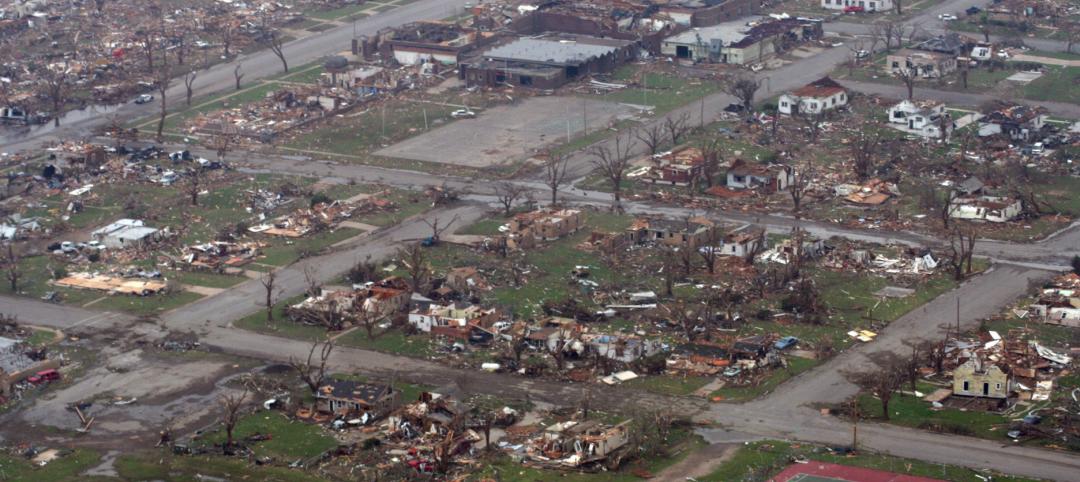A new study from Carnegie Mellon University found that LEED-certified federal buildings are not using less energy than non-certified federal buildings.
The finding may be due to trade-offs in how their energy score is developed with energy use being just one of many attributes examined by the LEED program. In some cases, owners and developers may trade off energy savings for other goals to improve design and comfort in buildings.
For example, energy consumption from sensors in water-efficient bathrooms and landscaping systems may reduce building energy efficiency. “If energy efficiency is the primary policy goal, LEED certification may not be the most effective means to reach that goal,” according to the study’s report.
Overall energy consumption also depends on usage. If the building is used more after a renovation, then more energy may be consumed.
The study examined 1990-2019 data from GSA’s Energy Usage Analysis System and the Green Building Information Gateway to consider the impact of LEED certification on federal buildings.
Related Stories
| Aug 16, 2012
Public sector pushes sustainable building forward
Not usually noted for its innovation, the public sector has done the most to advance sustainable building, according to a recent panel of green building professionals.
| Aug 16, 2012
Canada’s first net-positive building under construction in Milton, Ontario
The GreenLife Business Centre in Milton, Ontario near Toronto is set to become the first net-positive energy building in Canada.
| Aug 9, 2012
St. Paul cannot adopt overly restrictive egress windows policy, court rules
The Minnesota state Court of Appeals rejected St. Paul's attempt to adopt a policy on egress windows that was stricter than state law.
| Aug 9, 2012
Fire chief questions building code after St. Louis apartment building fire
A blaze that destroyed a 197-unit apartment building in St. Louis, Mo., displacing 250 residents, led the city’s fire chief to question the materials used in the construction of the four-story building.
| Aug 9, 2012
Ramps have strict criteria for ADA compliance
It is important for businesses to understand that an existing ramp at a building entrance may not mean that barrier removal obligations under the Americans with Disabilities Act have been met.
| Aug 9, 2012
ClickSafety, AGC provide online training program for construction professionals
Construction professionals will be able to take a wide range of mandatory and optional safety training programs online through a new collaboration between the Associated General Contractors of America and ClickSafety.
| Aug 9, 2012
Tornado-ravaged Greensburg, Kansas’s new green buildings save $200K a year
The town of Greensburg, Kan., virtually destroyed by a tornado in 2007, decided to rebuild 13 public buildings according to green standards.
| Aug 2, 2012
FBI investigates Turner, Tishman, Skanska, and Plaza Construction for billing practices on public projects in New York
After charges filed against Bovis Lend Lease in April led to an admission of guilt and $56 million in fines for overbilling clients, federal prosecutors are investigating the billing practices of four more New York City construction firms, according to reports.
| Aug 2, 2012
Court ruling may lead to more destructive testing on unfinished Harmon Tower in Las Vegas
A Clark County, Nevada district court judge ruled that the unfinished Harmon Hotel at CityCenter, operated and half-owned by MGM Resorts, could not use extrapolation when requesting damages at a possible trial.
| Aug 2, 2012
NIBS council recommends private and public measures to improve building sustainability
A new report by the National Institute of Building Sciences Consultative Council highlights four several areas that need focus to improve sustainability in buildings and infrastructure.















